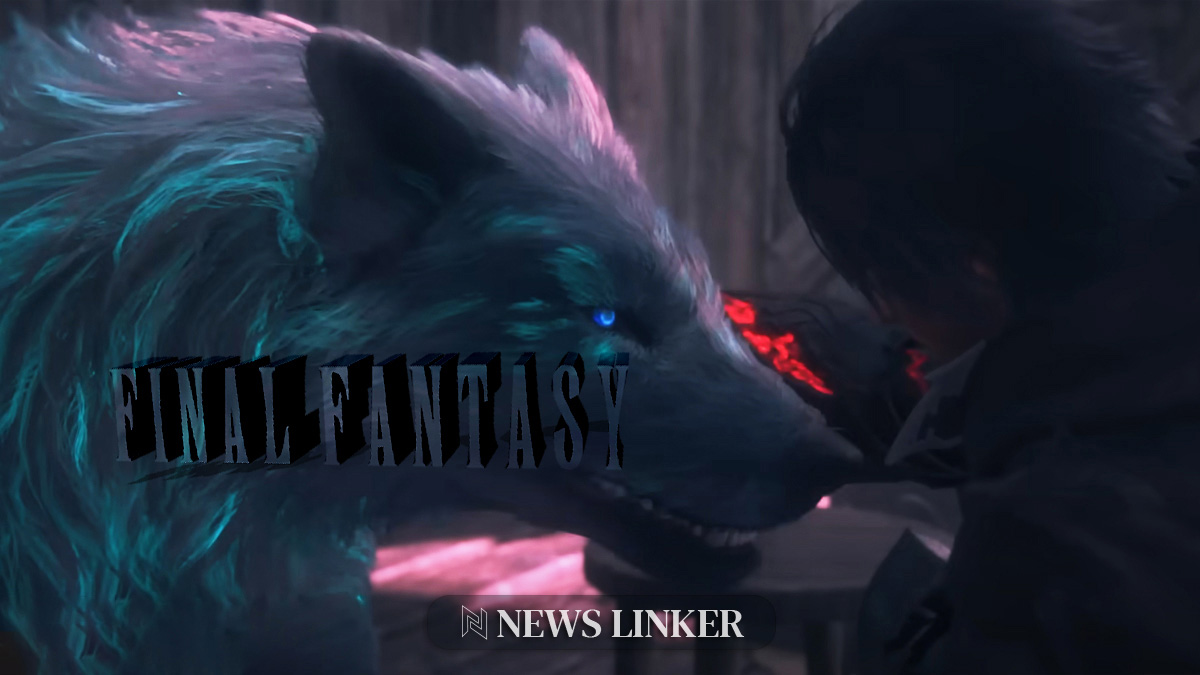In a revealing interview, Naoki Yoshida, the director of Final Fantasy XIV, acknowledged that the popular MMORPG may have been made a touch too leisurely for its audience. This statement resonates with players who have long craved a middle ground in the game’s difficulty spectrum. While the elite raiding scene offers significant challenges, casual and solo content has been criticized for its lack of intensity, leaving a portion of the player base yearning for more engaging experiences.
The evolution of Final Fantasy XIV over the past decade has shown a clear shift in its gameplay dynamics. Players have been quite vocal on forums and social media about the discrepancy in difficulty levels. Particularly, the solo and casual content has come under scrutiny for being too straightforward, thus reducing the sense of achievement found in more challenging scenarios. The dissatisfaction has been evident among those not engaged in organized raiding, with calls for content that strikes a balance between being accessible and offering a worthy test of skill.
Director’s Reflection on Difficulty Balance
Yoshida’s insights from the interview conveyed a desire to inject an element of thrill back into the game without resorting to a drastic difficulty spike. He compared the current state of Final Fantasy XIV to a platform game devoid of pitfalls, an analogy that underscored the need for elements that could elevate the player’s excitement through managed stress. This approach indicates a future for the game where players can anticipate a progressive enhancement in difficulty that brings back the sense of adventure without overwhelming the community.
Endgame Content: Raiding vs Solo Play
Final Fantasy XIV’s endgame content has historically been bifurcated into high-intensity raiding and more relaxed solo ventures. While the Endwalker expansion has been praised for its contribution to raid content, offering challenging boss battles and engaging mechanics, the experience for solo players has not met similar acclaim. The repetitive nature of the solo content has sparked conversations about its appeal, as the ease of completion can lead to boredom over time, which is counterproductive to the essence of engaging MMO gameplay.
The Nostalgia for Challenging Solo Content
Exploring the history of the game’s difficulty, players have reminisced about previous expansions, such as Shadowbringers, and the Bozja field exploration zone in particular. Here, they encountered a level of challenge that was both personal and rewarding. The system allowed for spectacular solo encounters against bosses and invoked the communal spirit with onlookers cheering from the sidelines. The absence of such content in the latest expansion has been felt, but with Yoshida confirming the return of field exploration zones, there is a hopeful sentiment that the game will revitalize the challenging aspects that many players miss.
Reflecting on the broader landscape of MMORPGs, articles from websites like Engadget and Polygon delve into the ongoing conversation about game difficulty. Engadget’s “The Ongoing Debate Over Video Game Difficulty” and Polygon’s “Balancing Act: Game Difficulty and Player Enjoyment” provide context to Final Fantasy XIV’s situation by discussing the industry-wide discussion on how developers cater to varied player skills and preferences.
Final Fantasy XIV’s decade-long journey has been a spectacle of growth and adaptation. My observations suggest that the game is at a pivotal point where it can redefine the player experience by fine-tuning its difficulty curve. It’s essential to recognize that a diverse player base with differing time commitments and skill levels seeks content that can satisfy their individual cravings for the challenge. As a dedicated player, I anticipate the resurgence of the exhilarating, yet manageable, stress that once defined some of the game’s most memorable moments. The balancing act that Yoshida and his team are set to undertake may very well shape the future of Final Fantasy XIV, ensuring its enduring appeal across its varied community.










